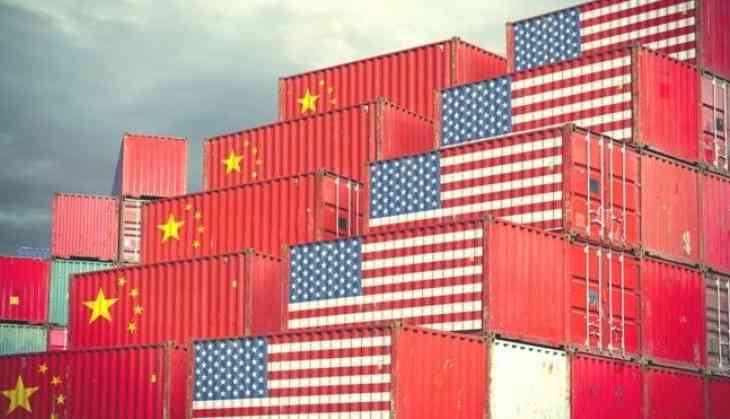
While the impact of US-China trade tensions on global growth is relatively modest at this time, the latest escalation can significantly dent business and financial market sentiment, the International Monetary Fund (IMF) has said.
In addition, higher trade barriers will jeopardise the projected recovery in global growth this year, disrupt global supply chains and slow the spread of new technologies, ultimately lowering global productivity and welfare.
"More import restrictions will also make tradable consumer goods less affordable, harming low-income households disproportionately. This type of scenario is among the reasons why we referred to 2019 as a delicate year for the global economy," said Eugenio Cerutti, Gita Gopinath and Adil Mohommad of the IMF in an insight and analysis post.
The raising of US tariffs to 25 per cent on $200 billion dollars of annual Chinese imports on May 10 and Chinese retaliation mark the latest escalation in the US-China trade tensions, which have negatively affected consumers as well as many producers in both countries, they said on Thursday (local time).
Besides, the ratcheting up of bilateral tariffs has had limited effect on their bilateral trade balance. In fact, in 2018, the trade deficit increased for the United States as imports from China rose, which partly reflects the front-loading. As of March 2019, a small decline can be observed but US exports to China are also falling.
"At the same time, consumers in both the countries are unequivocally the losers from trade tensions. Research shows that tariff revenue collected has been borne almost entirely by US importers."
Some of these tariffs have been passed on to US consumers like those on washing machines, while others have been absorbed by importing firms through lower profit margins. A further increase in tariffs will likely be similarly passed through to consumers.
While the direct effect on inflation may be small, it could lead to broader effects through an increase in the prices of domestic competitors, said the IMF.
At a global level, the additional impact of the recently announced and envisaged new US-China tariffs, expected to extend to all trade between those countries, will subtract about 0.3 per cent of global GDP in the short-term with half stemming from business and market confidence effects.
Moreover, failure to resolve trade differences and a further escalation in other areas, such as the auto industry which will cover several countries, can further dent business and financial market sentiment, negatively impact emerging market bond spreads and currencies, and slow investment and trade.
-ANI


